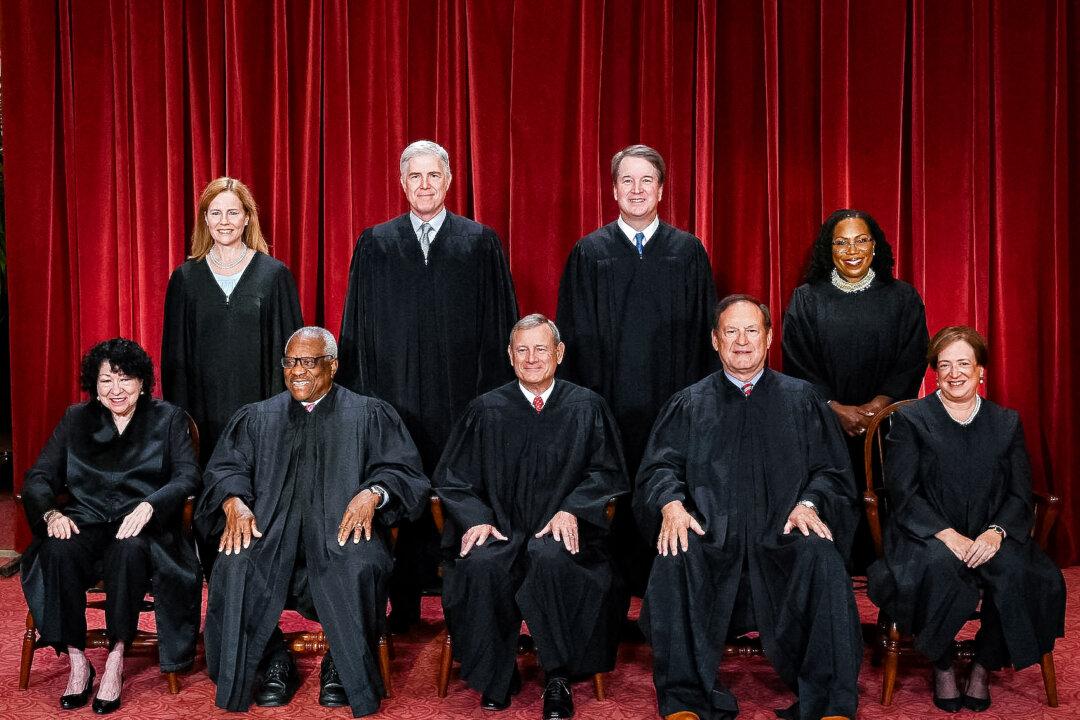Several U.S. Supreme Court justices on March 18 suggested a ruling in favor of individuals who are challenging how government officials pressured social media companies to censor users would lead to a number of repercussions.
Justice Amy Coney Barrett, appointed by former President Donald Trump, offered the scenario of Louisiana state officials being doxxed, with their private information being posted online. Some people then called for harming the officials, but the posts fell short of being illegal in and of themselves.
The FBI saw the posts and alerted social media outlets. The FBI says the posts are “significantly threatening,” Justice Barrett said in her hypothetical. Should the court block the FBI from doing that?
“I’m a purist on the First Amendment, so my answer would be ‘yeah,’” Louisiana Solicitor General Benjamin Aguinaga responded.Justice Barrett pushed back, asking if the official was aware of how often the FBI engages in that type of communication.
Zachary Stieber is a senior reporter for The Epoch Times based in Maryland. He covers U.S. and world news. Contact Zachary at [email protected]
Author’s Selected Articles





